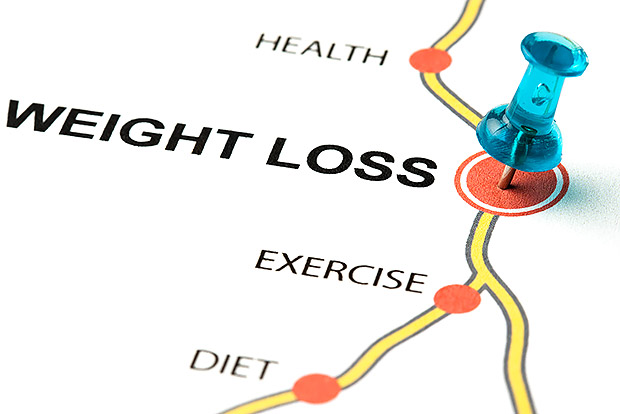The Secrets to Weight Control After Dieting
After having redoubled our efforts, the weight objective we had set for ourselves has finally been reached. In order not to flinch, and maintain a figure in which you feel good, let's focus on the advice of nutritionists who will help stabilize.
What are the tips for not gaining weight after a diet?
Whether you've lost one or more kilos, the rule remains the same. In order to effectively stabilize your weight, without going back to square one, nutritionists recommend various tips.
Restart the sport, increase your calorie intake very gradually, continue to eat a balanced diet, list the menus for the week in advance, weigh yourself regularly ... Unstoppable but true, these little tips ensure you maintain the desired silhouette, in the long term.
8 Tricks for preventing weight gain and staying at your "Happy" Weight.
Do not eat only raw vegetables.
Yes, basing your diet on an "all-raw" diet will help you lose weight quickly.On the other hand, dieticians warn about the loss of muscle mass that this habit can cause, without forgetting to remember that consumed in too large quantities, raw vegetables (due to the fibers they contain) attack the intestine and cause bloating.
Thus, by eating exclusively raw vegetables, muscle mass will decrease and will require more of the body to immediately store the food consumed.
On the sidelines, experts point out the need to eat both raw and cooked nutrients.
Gradually increase calorie intake.
Once the set weight is reached, it is advisable to stop the diet, and not to continue the calorie restrictions, at the risk that the body will get used to functioning with few calories.
A habit which in the long run would make you gain a few pounds at the slightest sag.
Extending a slimming cure while the goal has been reached is therefore a false good idea, which nutritionists recommend replacing with a stabilization phase, in order to gradually get the body used again to function with a better caloric intake.
In theory, experts recommend to follow the following indications, at the rate of one or two weeks, according to the evolution of your weight, by adding:
-A portion (30 to 40 g) of cheese 2 to 3 times a week (or every day eventually)
- Starchy foods or bread at dinner (to start, 4 tablespoons of starchy foods or 50 g of bread)
-1 slice of bread for breakfast (about 80 g)
-1 fruit per day for lunch and dinner
-1 chocolate bar (ideally dark) for afternoon tea
-1 pastry per week
-1 rich dish per week
-Maximum one glass of wine per day
Continue to eat a balanced diet.
In other words, do not give in to sweets by keeping the right reflexes, and continue to follow a balanced diet, here are some indications for each meal:
-The main course consisting of 1/3 of meat or fish (ham, eggs, seafood, tofu, etc.)
-1/3 vegetables (raw or cooked)
-1/3 starchy foods
-Preferring olive oil, coconut, or rapeseed oil to butter.
-1 dairy product
-1 fruit
Program menus in advance.
The trick to avoiding becoming a subscriber. last-minute food orders? Always have something to cook quickly (and healthily) in the refrigerator: cucumbers to prepare in salads, diced ham, tomatoes, carrots, frozen spinach ...
Weigh yourself regularly.
Without turning into an obsession, but after a few deviations, a vacation, or a period of anxiety, it is advisable to keep an eye on your weight, to react quickly by resuming a slimming program for a few days, if necessary, in order to stabilize.
Thus, a regular weighing (approximately every two weeks) makes it possible to monitor the weight gain and to intervene if a few pounds would add to the counter.
Do not skip meals.
Skipping breakfast, lunch or dinner is a bad idea.
Indeed, to avoid being confronted with an impulsive desire to snack and eat anything, it is recommended to never skip meals.
Practice regular physical activity.
No question of giving up the sport, even if the weight goal has been reached because the latter helps to maintain muscle mass wisely.
In fact, the more muscular the body is, the more calories it will burn in the medium and long term, whether it is at rest or not.
Thus, keeping your body in shape is indeed the mantra to adopt.
Reduce portion size.
No, it's not an urban legend. Reducing the size of your plate, by swapping a large one for a smaller one, is an unstoppable remedy for sending a positive message to the brain: a small, full plate will give the impression of eating better than having a large plate. half empty.

Comments
Post a Comment